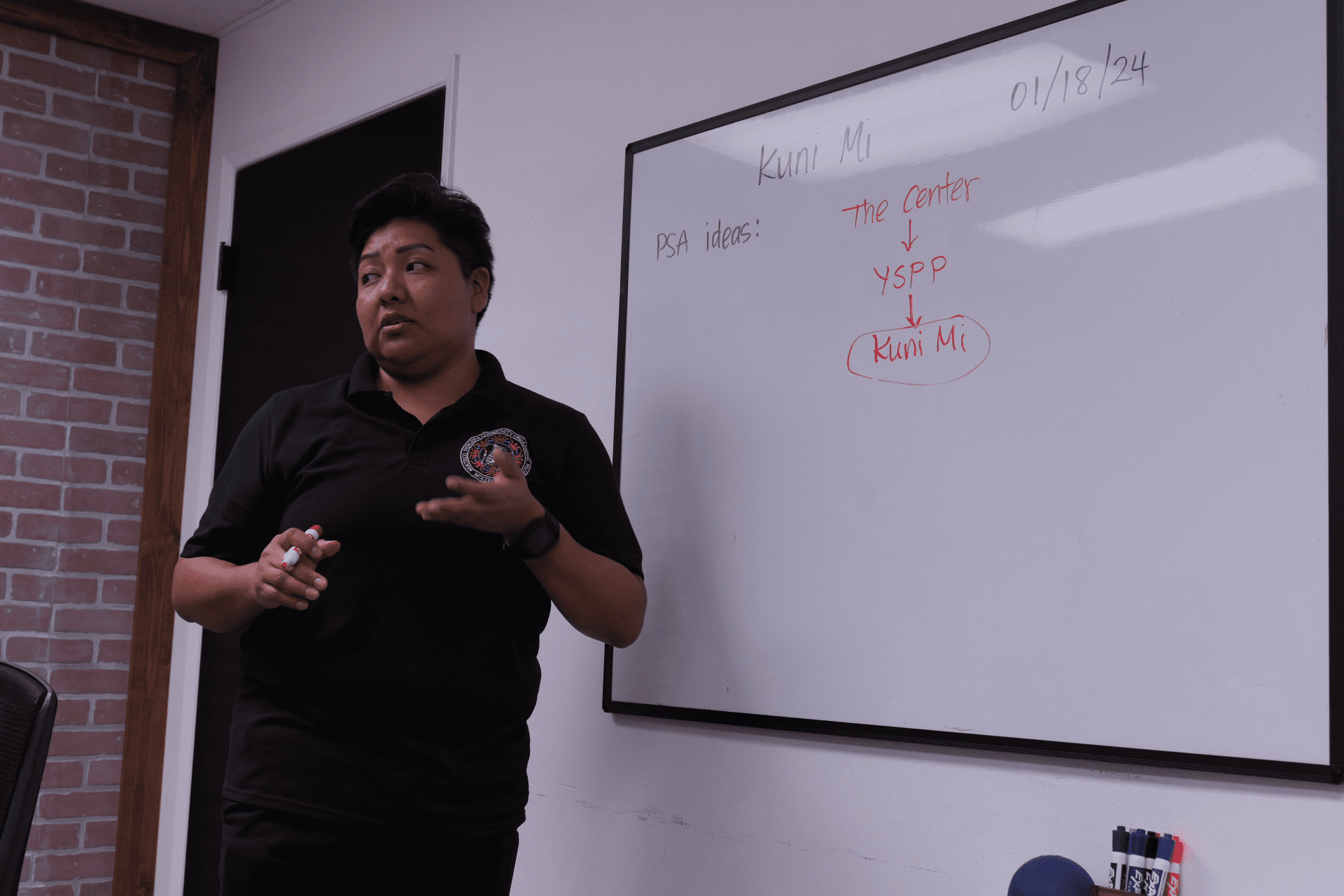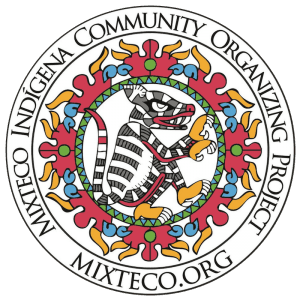MICOP launches a suicide prevention program named, “Kuni Mi” focused on strengthening mental health among indigenous youth

By Miguel Hernandez
(Listen to the audio in Spanish and Mixteco, 9 min)
In a post-COVID world, mental health finds itself in a social position we never imagined it would be in. Three years ago, in 2021, the Centers for Disease Control and Prevention (CDC) reported approximately 48,000 people died from suicide in the United States, that is, one death every 11 minutes. Suicide is a tragic thing that affects everyone, but the likelihood of a mental illness affecting Indigenous youth is much higher. Among indigenous communities, suicide is the second cause of death among people between 15 and 34 years old.
With these alarming statistics, the Mixtec Indigenous Project Organization has created a youth suicide prevention program, which it has adopted under the name “Kuni Mi,” which in Mixtec means “I Love Myself.” The program focuses on reframing the way Indigenous culture looks at mental health. The intention is to create a safe space for young people. In this space, youth can deal with the traumas associated with being a person of color, low-income, and first-generation.
Río Lorenzo is the person in charge of the “Kuni Mi” program. Lorenzo was born and raised in Oxnard, CA. Lorenzo has experience working with “high-risk” youth. High-risk youth are those who come from a troubled background and who live in the absence of parental support.
The inescapable reality for several indigenous youth is that they grow up in a vicious cycle in which they grow up without emotional support from their parents because their parents grew up without knowledge of mental health. This cycle causes indigenous communities to struggle with mental illness for generations.
In an interview with Lorenzo, she mentioned that through her work and life experience, she has learned how indigenous youth live in a world of isolation. They are isolated by generational barriers that prevent indigenous youth from feeling understood by their parents and isolated by an American society that rejects them for being different. Lorenzo emphasized how mental health begins at home and also the importance of being represented in healing spaces.
Our Indigenous population feels that it is impossible to connect with a therapist who does not understand what it means to be an Indigenous youth. For these reasons, “Kuni Mi” is a sliver of hope for indigenous youth. Through “Kuni Mi,” Lorenzo wishes to create a space for healing, which promotes the importance of self-esteem, personal growth, and emotional and mental issues. “Kuni Mi” is one of the few efforts designed to fight against the legacies of oppression that have existed in our society since the Spanish conquest. “Kuni Mi” is a way to break the cycles from generation to generation that have made indigenous communities believe that they are inferior simply for being indigenous.
Lorenzo tells us that “A program like Kuni Mi is so important for the community because there are no other free programs that support indigenous youth. I have learned that many young people want to talk to their parents, but they are afraid of being judged, or they simply don’t know how to do it. Unfortunately, in our culture, if you need mental help, you are labeled “crazy,” and my goal is to empower our young people to know that that is not true, that they matter, that they have value, that someone listens to them, and let’s not lose any more lives.”
Finally, for Lorenzo, her dream is that through “Kuni Mi” Indigenous youth learn to know themselves and, more importantly, that they learn to heal from transgenerational traumas.
